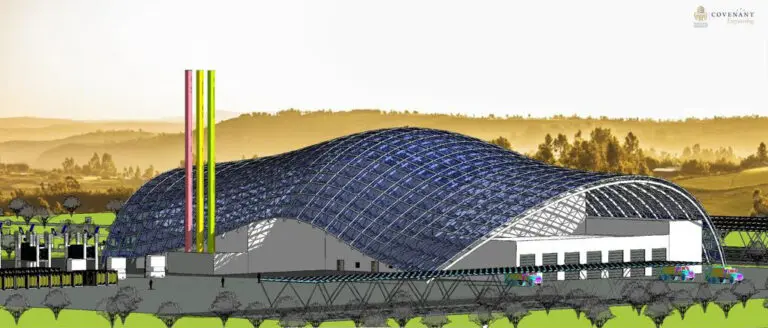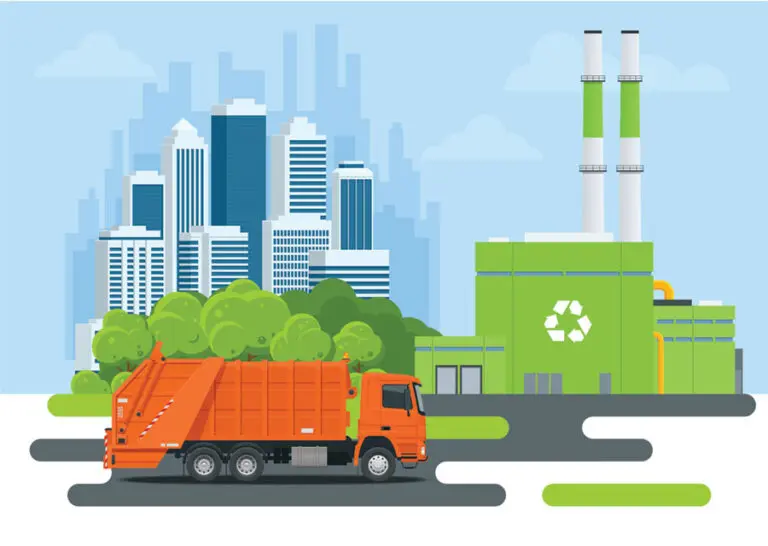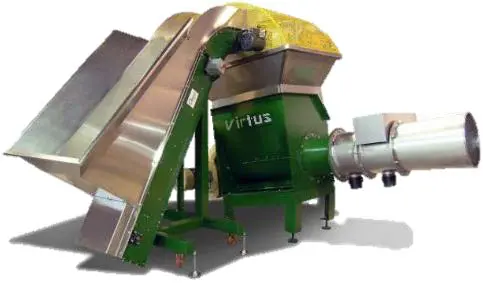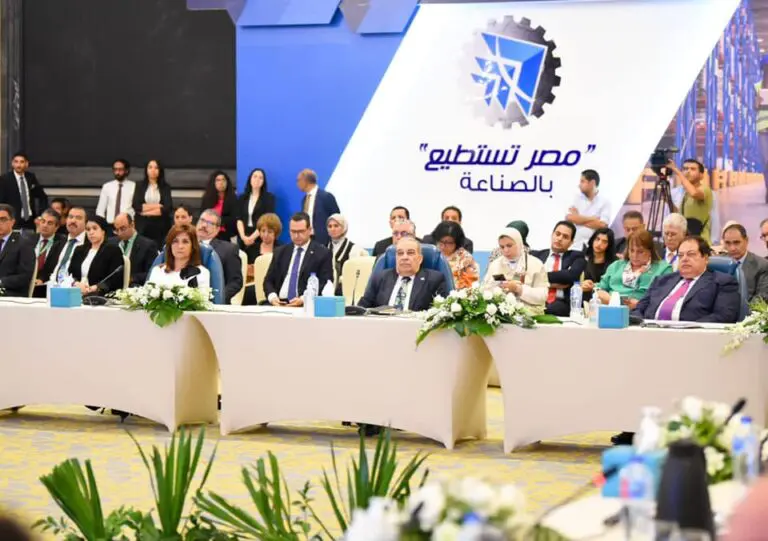Waste to Energy International (WTEI) continues waste-to-energy development in Africa following the long-term strategy. In addition to our waste-to-energy project in Egypt, we have signed the agreement to develop, invest, construct and operate a new waste-to-energy plant in Sub-Saharan Africa.
The new waste-to-energy plant shall process 2,000 tpd (tons per day of the MSW (municipal solid waste). As a result, the plant shall produce circa 40 MW of electricity.

G20 has established a global goal aiming to implement waste-to-energy technologies in Africa. In particular, the document says the following. “The G20 should create a working group… to improve the downstream waste sector. The G20 should ask relevant organizations… to identify best practices… for establishing national waste data collection systems. Articulate waste management policies toward a more effective system, considering the specific requirements of waste-to-energy technology”.
Hugo Le Picard, G20 Insights
How WTEI performs a new waste to energy development in Africa
Responding to these global goals, WTEI created a consortium to construct and operate a new waste-to-energy plant in Africa. This plant shall be the third facility on the continent, after the plant in Ethiopia and WTEI plant in Egypt. The consortium includes OAK – our long-term investment partner, the local developer and the project sponsor. We created the consortium following our development model, which we use for many alternative energy projects.
Now, WTEI and the local developer started the feasibility study to determine the best applicable technology. The local developer’s team works in the country, collecting answers to our RFI (request for information). At the next stage, WTEI will perform negotiations with the technology provider and EPC contractor. As a result, we will have a firm proposal with CAPEX and OPEX for our financial model. Calculations based on actual costs will create a severe basis for funding by our investors and financial institutions.
The whole development cycle, which started in October 2021, will take 2-3 years. In 3-5 months, we will accomplish the feasibility study. The financial closure will take circa 1-2 months. Then the consortium will provide the construction and commissioning. The plant shall be operational for 25-30 years.
So now, when WTEI expands its presence in Africa, our portfolio keeps growing. Together with the hydropower project, the total investment value of our ongoing projects reached 1.2 billion USD. The future of the alternative energy business looks brighter nowadays than at any time before. And we hope that WTEI will add a valuable contribution to a better and healthier environment.








DPIH would like to to be posted on any significant technical progress
Thanks
Sure, we will!
Hi,
We are looking forward to build next plant in Mogadishu, Somalia ??.
Please provide the requirements by email.
Regards
Mohamed Omar
Dear Mr Omar,
Thank you for contacting us. We will answer you by email.
Awesome. I’m a Nigerian. With all the waste generated in my country, and lack of electricity supply. Why are you not looking into a country like Nigeria.
Thank you. We are looking at any country with stable economics and prerequisites for creating a project. Our investment model is described in the article https://wteinternational.com/services/investments/alternative-energy-investments/.